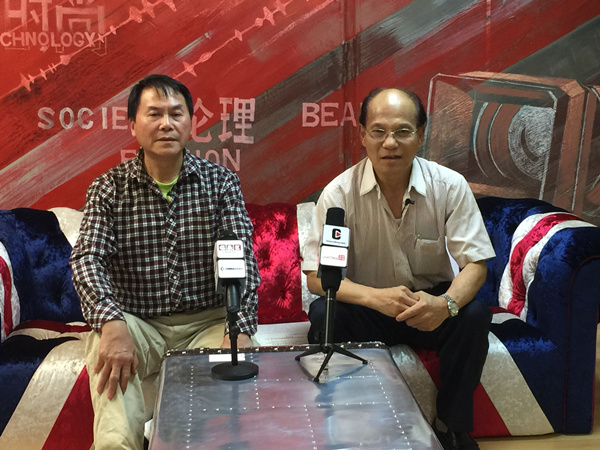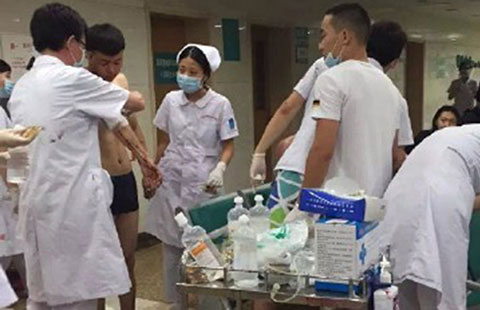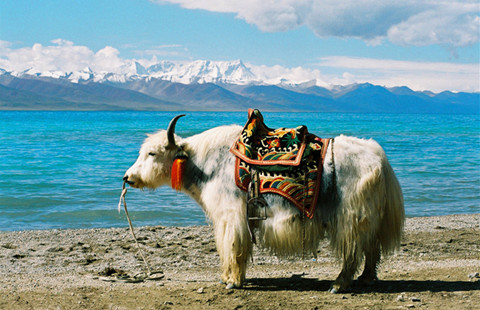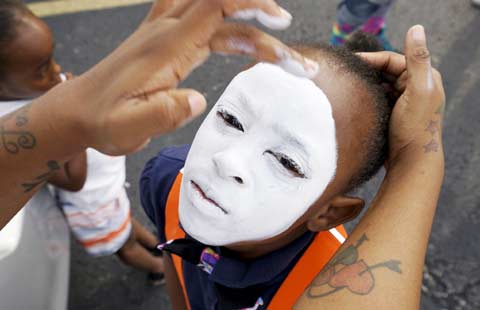Chinese, Western groups team up in cancer fight
Updated: 2015-08-13 05:53
By LOUISA YOU in Vancouver(China Daily Canada)
|
||||||||
 |
|
Dr Jinhua Shi (left), CACRA's president and founder, and Dr Canny Lui (right), CACRA's vice-president are interviewed by China Daily on Aug 6. WEIYUAN LI / FOR CHINA DAILY |
The Canadian Anti-Cancer Rehabilitation Association (CACRA) will host a forum in in September in Vancouver to promote awareness of Traditional Chinese Medicine and its treatment of cancer and other health issues.
More than 20 Chinese medical experts from China as well as local doctors and government representatives have been invited.
Cancer has been the leading cause of death in Canada in the last 10 years, and Chinese medicine practitioners are looking to combine their efforts with Western medicine to reduce side effects and increase the response of cancer cells to Western treatments.
The CACRA, founded in May 2013, is devoted to promoting the incorporation of traditional Chinese medicine with Western methods and treatments.
Dr Jinhua Shi, CACRA’s president and founder, said: “Through our advocacy and education efforts to improve the anti-cancer knowledge and skills of practitioners and acupuncturists ... [in addition to] providing the masses with basic preventative knowledge, [we hope to promote] early recognition, early examination and early treatment.”
In British Columbia, TCM has been a designated health profession since 2000, and acupuncture since 1996 under the Health Professions Act.
Dr Canny Lui, CACRA’s vice-president, said that of the 1,500 registered practitioners, around 600 are Chinese, and the majority are of multiple different ethnicities.
Traditional Chinese Medicine has its roots in 2,000 years of tradition, encompassing a broad range of practices based on shared concepts. It explores how the human body interacts with all aspects of one’s life and environment, including seasons, diet and emotional states.
The theoretical basis of Traditional Chinese Medicine is in the yin and yang doctrine, a balance of mutually exclusive opposites, but practitioners also study the viscera and meridian theories.
Because the body’s vital essence or qi can be neither quantitatively measured nor detected through any known means, there has been a lack of cost-effective research. However, it has been suggested that acupuncture may be related to the production of endorphin, or influences adenosine (the body’s energy currency) and its receptors.
This theory also leads to a unique diagnostic method including changes in the blood vessels under the tongue, in nail texture and in body conditions. Patients can then be recommended for Western quantitative diagnosis and treatment sooner.
Most Viewed
Editor's Picks

|

|

|

|

|

|
Today's Top News
12 firefighters among 44 killed in Tianjin explosions
Hacking blame a US power play: experts
Seattle's tallest building sold
Alibaba falls behind Amazon
Seven killed, 180 injured in N China blast
S. Korean president to visit US in October: White House
Hillary Clinton relents in e-mail inquiry amid campaign
Accusations of Chinese hacking are a US power play, experts say
US Weekly

|

|













